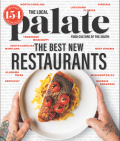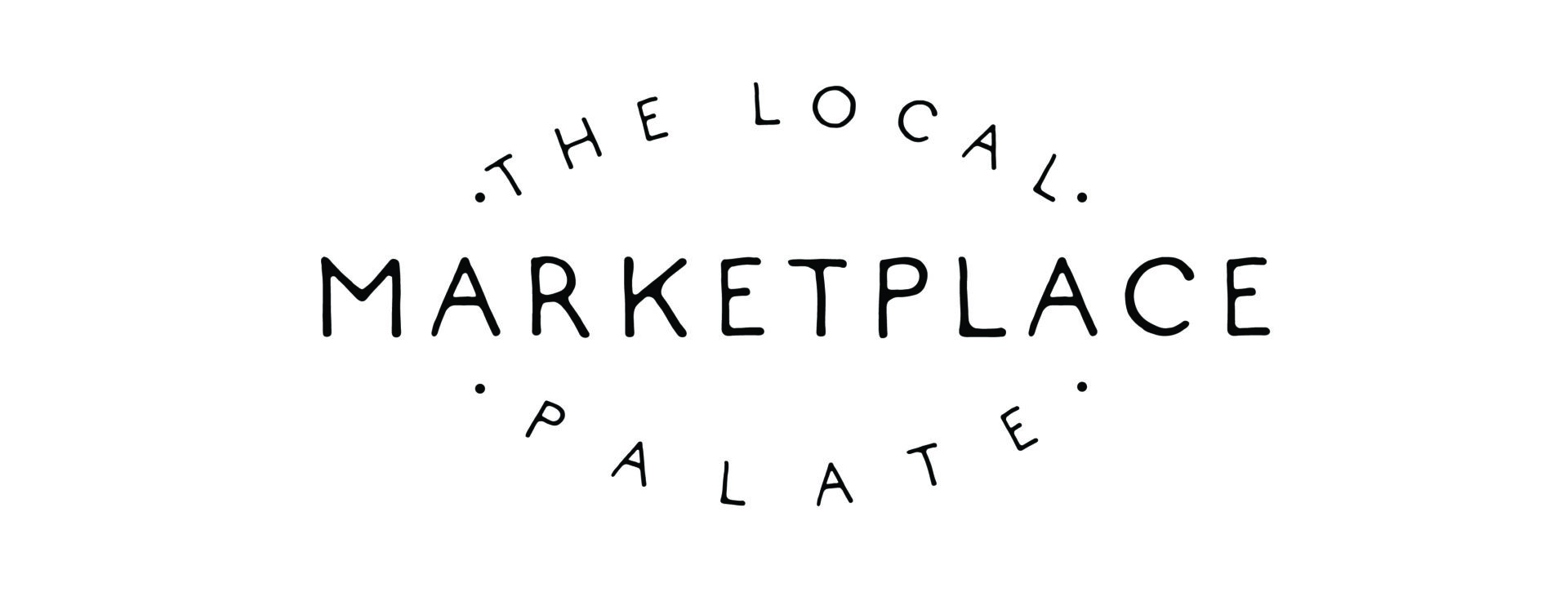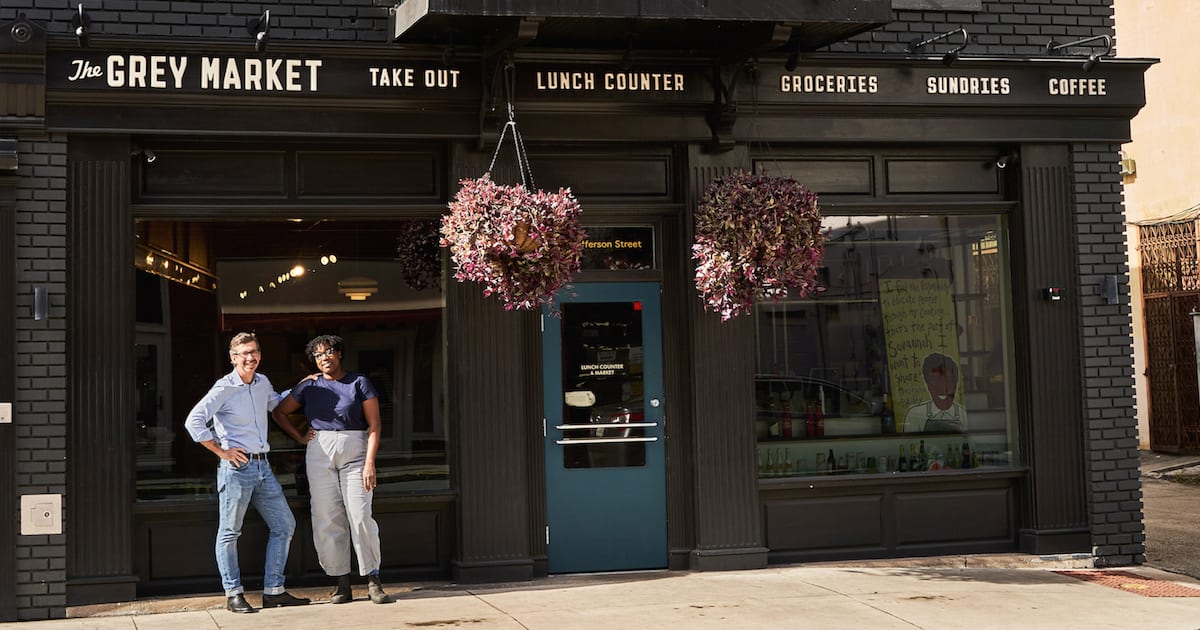Reading Between the Lines
Some eight years ago, a Black chef from Queens and a white entrepreneur from Staten Island took a leap of faith together. Johno Morisano and Mashama Bailey uprooted their lives and took on a venture far outside their comfort zones: opening a restaurant in Savannah, Georgia. In the near-decade since, the Grey and newcomer the Grey Market have racked up accolades and launched Savannah into the national conversation. Through it all, Morisano and Bailey forged a bond that goes well beyond a business partnership, strengthened in tragedy and tough conversations when the differences that compelled them to join forces also made for bumps in the road.
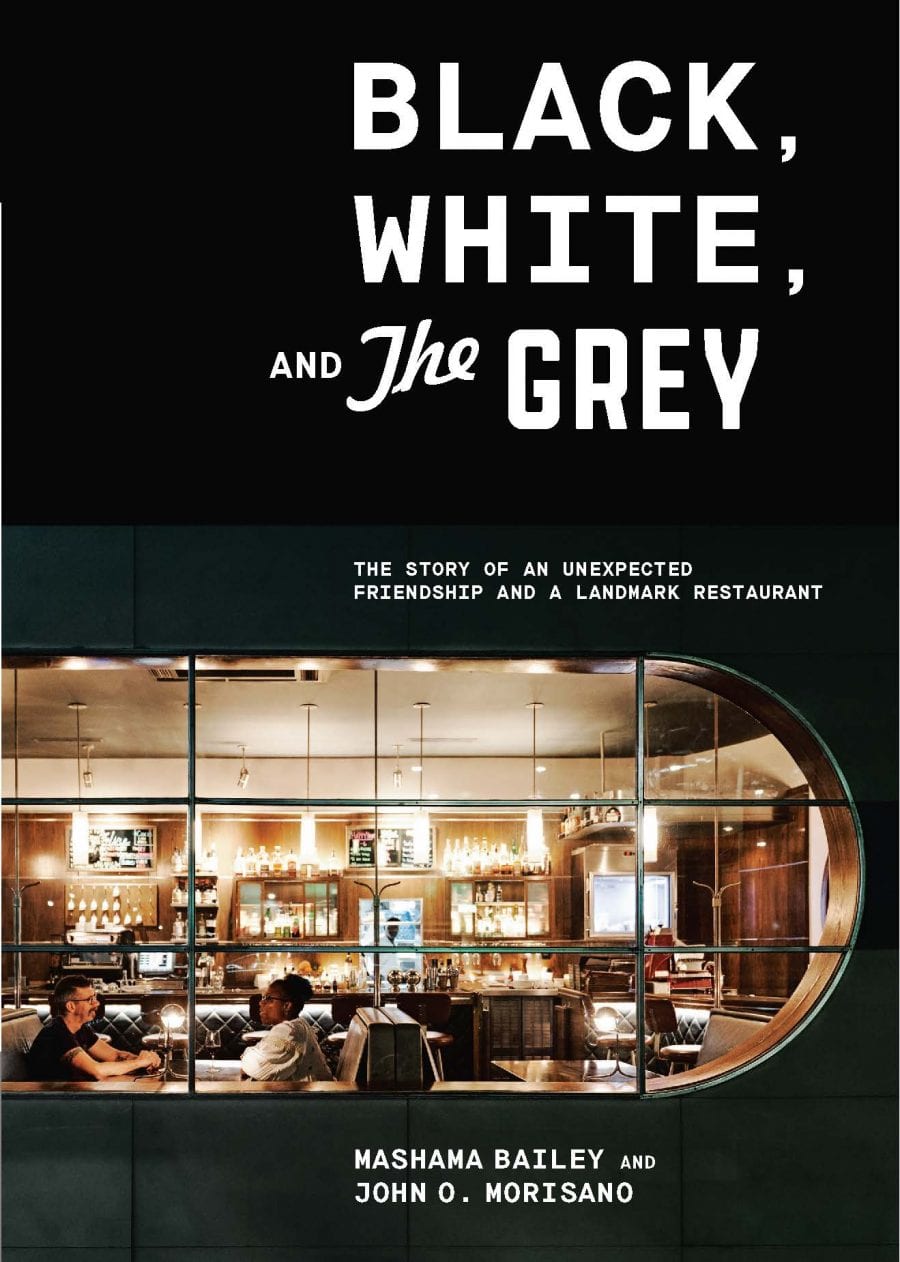
Black, White, and The Grey’s unique format—a balance of two intertwined, and at times disparate, perspectives—is perfectly emblematic of its authors. As is its winding path to publication: Morisano began a first iteration in 2017, it was scheduled for publication in 2019. But the pair realized the conversation wasn’t over, specifically for Bailey, who joined the writing process by adding her own perspective over Morisano’s framework—a detail, they realized, relegated her voice to the margins of his narrative. Steeled with a desire to do better, they hunkered down in a Parisian flat for the first six weeks of 2020 and emerged with a refined version that tackles discourse on race, gender, and class in a way that’s both authentically uncomfortable and deeply compelling.
As the uniquely challenging year of 2020 drew to a close, we caught up with Bailey and Morisano to learn more about their new release.
Tell us more about the unique process of how the final iteration of this book came to be.
John O. Morisano: We got to a point where we thought we were done and Mashama really started to read it, as opposed to rewrite it, and said, “I’m not done. I have a lot more to say.” That was the impetus for us going away together and coming together over it rather than writing separately. If it was going to be “our book,” we needed to be together to write. It was a very fulfilling experience personally as a first-time author.
Mashama Bailey: It was set out as a writing experiment. From how to tell the story of the Grey and our business model, it turned into something very personal that’s rooted in this very personal moment. When tragedy hits, who do you want to be around? Who are your people? It became about the evolution of growth, how our relationship evolved from business-driven to emotion-driven, our likes and similarities. It’s about the growth of a friendship, a partnership, and a business.
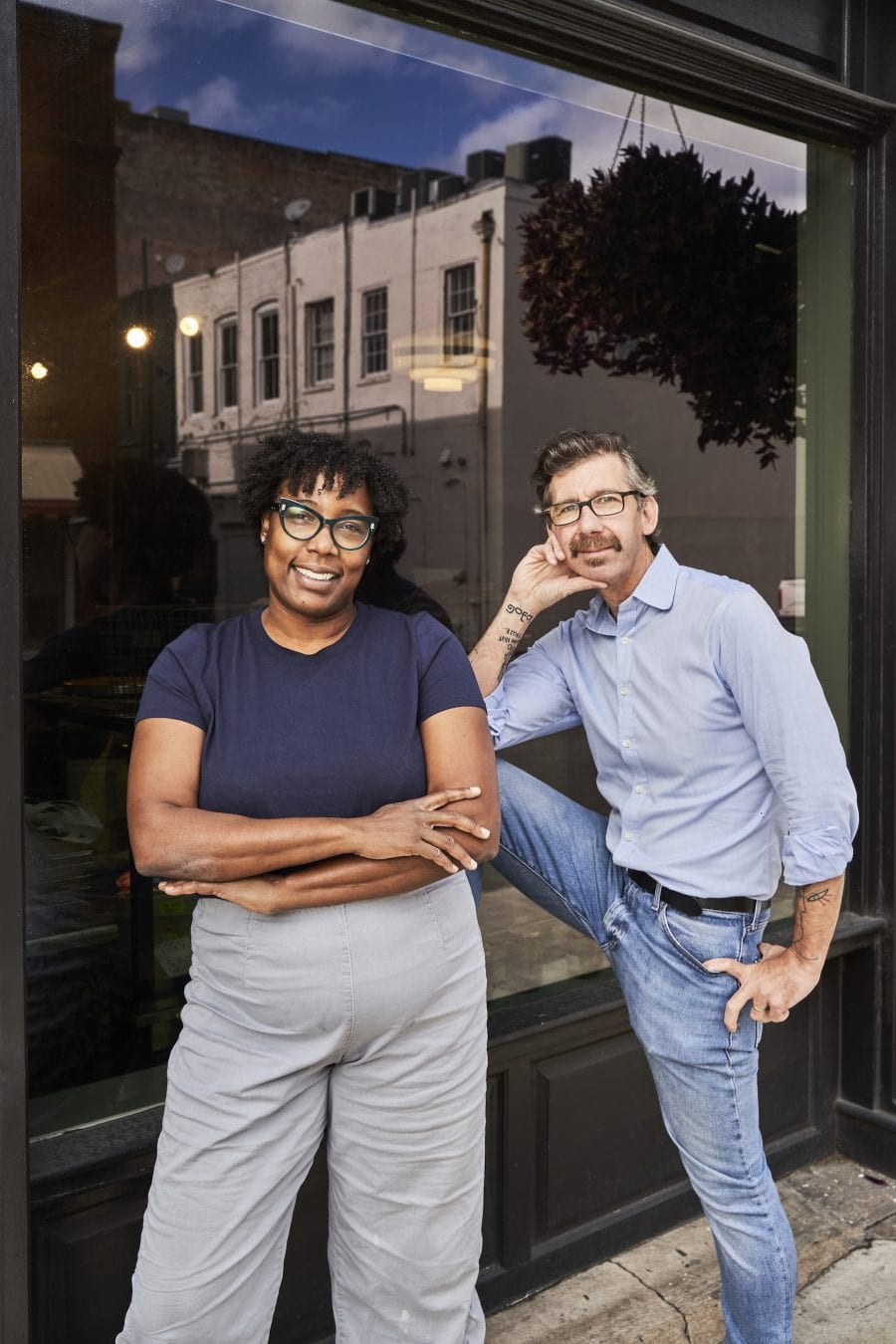
How have the events of 2020 shaped the way you see the book and how it might be perceived?
JM: We started having this conversation for the first time in our relationship three years ago and there’s a timeliness to it now that’s sheer luck. We began the process of exposing ourselves in this vulnerable way and it’s fortuitous that everything happened the way it did this year, with the pandemic and racial and social justice—people are more open and interested in having uncomfortable conversations.
MB: This conversation of business partners that are so different from each other, it started very surface level. It wasn’t until the rewriting of the book when we began to really listen to each other. My first version was very defensive because we never had these conversations, it was all on paper. When we began to have that conversation was when we could really hear each other and listen to what the other needed to grapple with and understanding our perspectives on race and business.
JM: It seems like it’s just the beginning.
MB: Oh, it is just the beginning. 2019 was about tamping all those voices down and now it’s like the lid is off. There’s so much to say and so much to know and so much to learn.
What do you hope people glean from the book?
MB: That we have to talk to one another. And it’s going to be uncomfortable, but in order for us to figure out how to be fair or how to move forward and heal from how this country’s structured, we have to be open to looking at it differently and providing more opportunities for people.
JM: What we’ve learned, there are such similarities in any successful relationship—marriage, friendship, business—and the thing they all have in common is you have to put the work in and be empathetic and willing to hear each other, really hear each other, and understand what the other side of the relationship needs, and find common ground.
One of the things you discuss is how the city of Savannah shaped the conversation and the restaurant—do you think this concept your partnership would’ve worked in any other city?
MB: I don’t know that it would’ve come to a head like this if we weren’t in Savannah. This city is made of two communities that don’t interact as much as you would think. It definitely escalated the conversation. It put it in rapid pace.
JM: I think it’s intrinsic in the bus terminal. It starts there in a building that had this bleak and ugly past as a mainstay of segregation and that being situated in Savannah, which is very separated in race and class. I think because Savannah is more open-minded than other places in the South, it gives us the room to have these conversations. With everything that happened this year in the wake of George Floyd’s death, the city came together and gave the room for people to get together and talk it out—Savannah has tried to be that city for a long time.
What was the most challenging aspect of writing this book?
JM: Finding my humility and being able to be vulnerable in a really honest way. I’m not even sure I fully accomplished it.
MB: It took me a long time to ingest it and figure out what I wanted to say. I think I could expand on it further; I could easily spend another year and see a lot more. It’s still a work in progress but for me it was a really big accomplishment.
JM: Our agent kept telling us, “you don’t have to finish the conversation, that’s not what this is about. It’s about starting the conversation.” Accepting that we weren’t going to finish this conversation was hard for us. As type-A personalities, you want to wrap it all up in a bow. But this was just about opening up the dialog.
Is there another book in your future?
JM: I will write more. I love to write, it’s a skill and the more you use it, the better you get at it. I would like to write more but we have a growing business to run. We’ll see where this takes us.
MB: I don’t know. I don’t want to write any more, I just want to write a menu for New Year’s Eve. After that, we’ll see what happens next.
JM: I ran a marathon—my one and only—when I was 40 and I didn’t run for the next 6 months. In a way, finishing the book is a little like that.
MB: You gotta enjoy it right? It gives you better perspective sitting back from it. We read it for the audiobook several times and when you hear it out loud in its final iteration, you become reconnected to it. You have a different perspective when you have some space away from it.
[box]
Chicken Schnitzel with White BBQ Sauce
This was the dish that blew everyone away the night Mashama auditioned [for the executive chef role]. She made it again for our first tasting with some of the New York City media and they were equally knocked out. I will always remember it as the dish that made me certain Mashama’s cooking was as good as I had hoped it would be. ––John O. Morisano
[/box]
share
trending content
-
New Restaurants in Arkansas
-
Shrimp and Grits: A History
by Erin Byers Murray -
Tea Cakes, A Brief History
by TLP Editors -
Gullah Geechee Home Cooking
by Erin Byers Murray -
A Cajun Christmas Menu
by TLP Editors
More From In the Field
-
From Pop-Up To Brick-and-Mortar
-
The Return of the Lynnhaven Oyster | Listen
-
What’s On the Horizon for 2024
-
Sorelle: La Dolce Vita in Vogue
-
Keya and Co. Turning Sadness into Sugar
